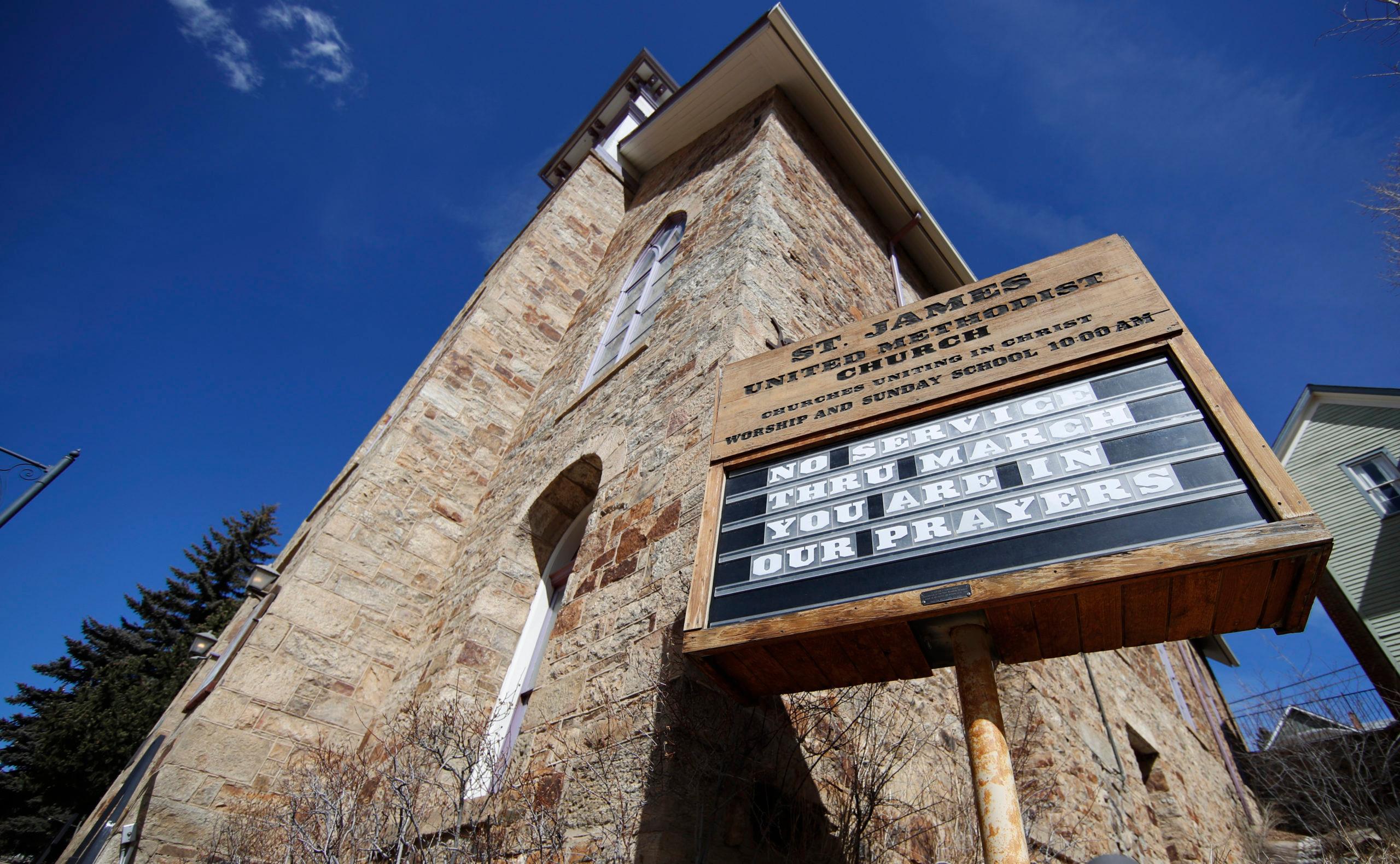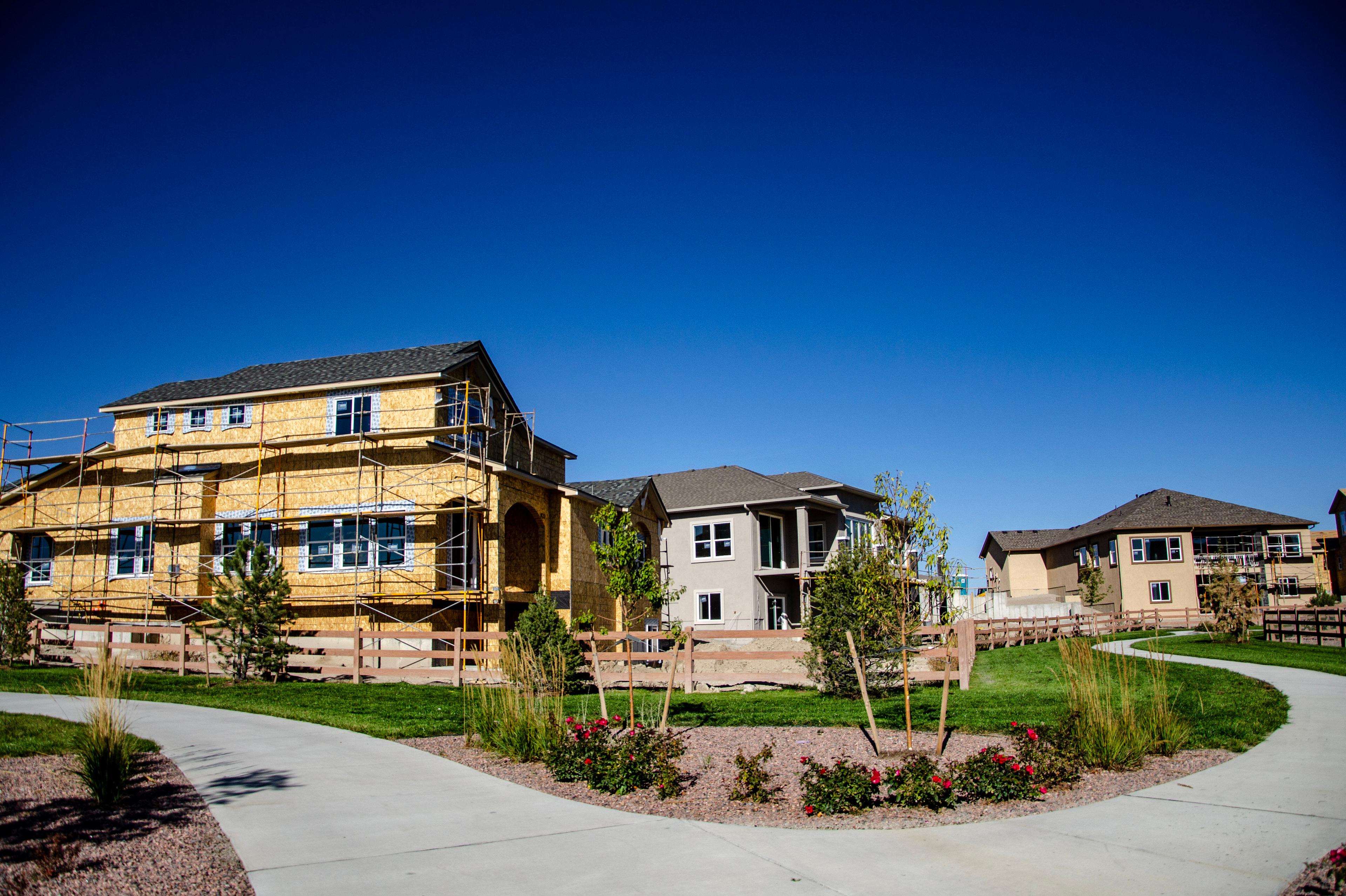
United Methodist leaders have rescheduled the church’s General Conference to the fall of 2021. The COVID-19 pandemic induced postponement delays a potentially radical change in the church over LGBTQ members.
The new dates, Aug. 29 to Sept. 7, 2021, keep the conference in Minneapolis, the originally intended host city. The General Conference, which meets every four years, has final authority in all church matters.
“The Commission decided to focus on 2021 as it was not feasible to schedule any earlier with so much uncertainty over international travel and the spread of COVID-19,” said a statement from the Commission on the General Conference.
At a special session of the church’s general conference in 2019, United Methodist Church leaders banned same-sex marriage and said members of the LGBTQ community cannot be ordained under the “Traditional Plan.”
Pastors who have been found, after a trial, to have conducted a same-sex marriage or who publicly identify with the LGBTQ community will receive a minimum penalty of one-year suspension without pay and will be terminated if they break the rules again.

Since the narrow vote, Methodists have split on how to move forward. At a meeting at St. Andrew United Methodist Church in Highlands Ranch in December, church leaders from around the country debated different proposals. Some thought the church should divide into different denominations while others thought the church should stick together.
Another option would be to let each congregation decide how to proceed.
St. Andrew Senior Pastor Mark Feldmeir said the extra time before the conference will allow people on both sides of the debate to take a breath and see this issue in a broader context.
“This isn’t the only issue that’s in front of us and certainly with coronavirus, we’ve got our hands full with a lot of things, and so I think it’s allowed people to step back a little bit and not be so defensive,” he said. "I think this issue will be less contentious and the resolution will be more just and peaceful.”
LGBTQ ministry candidates now have to wait two years until they can be ordained, Feldmeir said. Ordination services typically happen during annual conferences after the General Conference.
“I think one of the tragedies of this is those that were ready to be affirmed and ready for ordination now have to wait,” he said.
A group of younger Methodists asked the commission to reconsider the new fall dates because younger leaders and delegates might not be able to attend the conference because the dates conflict with school, especially for participants in the United States. The Council of Bishops strongly encouraged the Commission to reconsider the dates for this reason, too.
“The setting of the General Conference dates will not only directly impact young adult participation at the General Conference level but will ultimately impact young adult participation at every level of governance,” the petition said.
A statement from Kim Simpson, chair of the Commission on the General Conference, said the inclusion of “young adults in the General Conference is always an important consideration.”
“Unfortunately, this request did not come to the Commission until late in the process,” the statement said. “By that time, the available dates were secured and any attempt to change the dates would endanger the carrying forward of the deposits to the newly agreed-upon dates.”
The young Methodists also asked the Commission to consider using technology to allow people to participate remotely, including virtual voting. The Commission said it will create a group of “creative thinkers, including young delegates” to consider those options.









